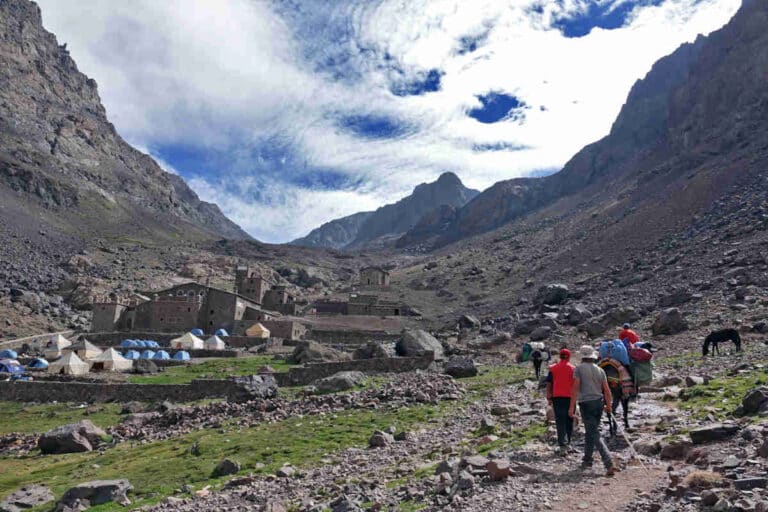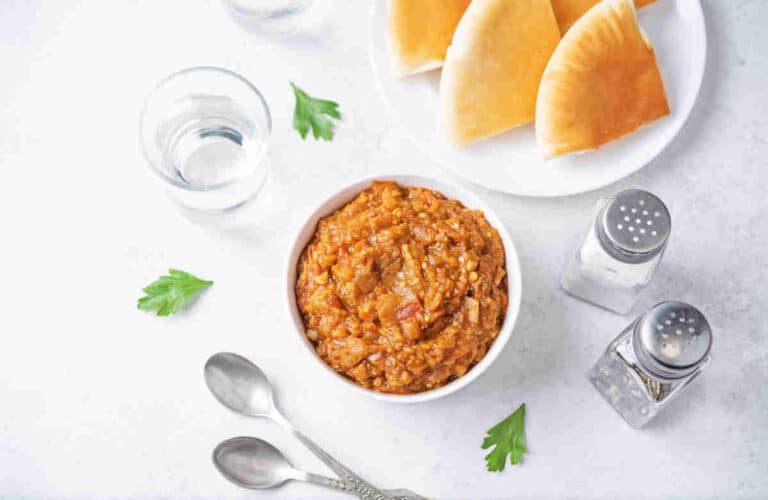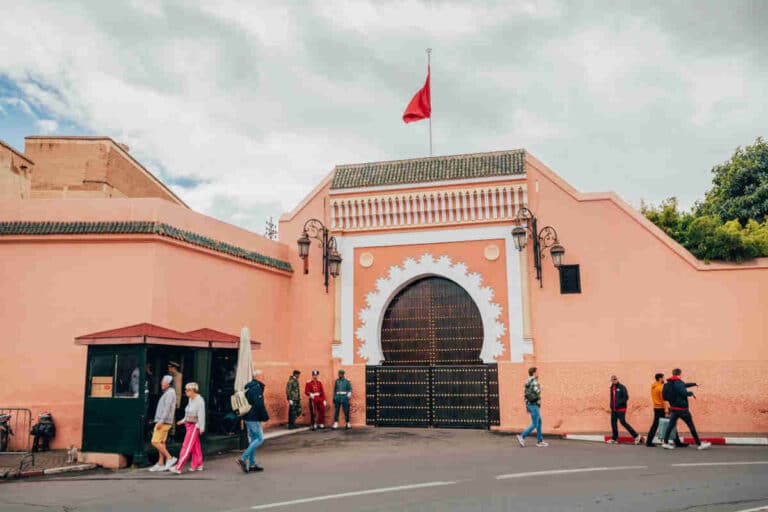Suhoor is a key moment in the daily life of Morocco. In this blog we have made numerous references to Ramadan, especially with regard to the dishes that can be eaten in the iftar. But that approach to the sacred month of fasting would be incomplete if we forgot about this other moment, the real start of the day for all Muslim Moroccans.
Understanding Ramadan
To understand what suhur is, you must first understand some details of Ramadan. You already know that this is the month in which Muslims fast during the day. And that means they have to abstain from eating and drinking (even water) from sunrise to sunset, specifically from when it appears on the horizon until it disappears completely. In this way, food intake is moved to the night.
Suhoor: Ramadan Breakfast
During Ramadan, therefore, Muslims enjoy two meals. The one that usually gets the most attention is the iftar, that is, the dinner to break the fast. In fact, it is experienced with great joy by everyone, who often meet with family or friends for it. But no less important is the Ramadan breakfast, that is, the food that is eaten as soon as you get up, still at night, to finish it before the sun rises in the sky.
What is Usually Eaten at Suhur
The importance of suhoor lies in the fact that it will provide the energy and hydration necessary to face the rest of the day, until night and iftar. Therefore, the menu of said breakfast is prepared consciously. In fact, in order not to ‘steal’ time from that brief period between getting up and starting the fast, many leave it ready during the previous night and thus do not have to cook.
The foods that are usually eaten in the suhur of Morocco are varied, such as nuts, bread and preparations based on pasta and rice. This makes sense because, according to nutritionists, it is advisable to eat foods rich in slow-release carbohydrates, so that they can provide calories during the following hours.
Foods rich in protein are also recommended, such as eggs and legumes, which is why dairy products or lentils are also highly appreciated, for example. And of course, the fruits are always very well received, as they are a source of vitamins. In addition, another detail to take into account is to avoid foods that are too salty and spicy, as they could cause thirst during fasting hours.
Musahharati and Trumpets, Already in Decline
There is a tradition related to suhoor in Morocco and in the rest of the Arab world that is worth remembering here: it is that of the musharati or drummer, which can also take the form of a trumpeter. The musahharati was the person in charge of waking up the population some time before dawn, to prevent anyone from oversleeping and waking up during the day (or shortly before), which would deprive them of having this important breakfast.
Therefore, it was a tradition for a person to walk the streets with a drum, warning that the time had come to wake up. In Morocco it was also a tradition for this to be done with a trumpet.
Unfortunately, that tradition has declined, especially in cities, due to different factors. For example, the availability of alarm clocks by everyone, especially on mobile phones and other digital media. But also to the fact that it could generate annoyance to people who are not required to fast, such as the elderly, children and pregnant women.




